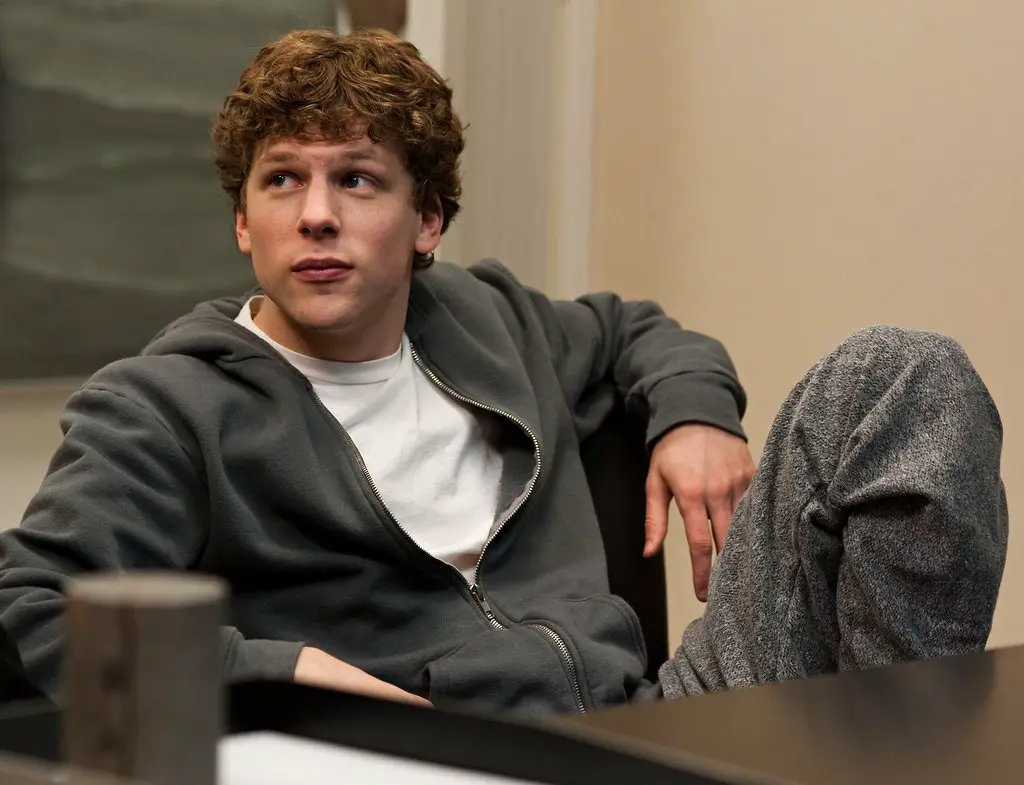Facebook is a battleground in the intergenerational debate about how people relate to one another in the 21st century. Baby Boomers decry millennials’ addiction to social media; according to them, social media is responsible for the superficiality of millennials, their inherent detachment from reality that prevents them from creating meaningful relationships.
Meanwhile, millennials accuse Baby Boomers of completely misunderstanding the project of social media. Young people know that what is online isn’t “real” or tangible; they’re not idiots.
Social media is simply a means to enhance already existing relationships. At the very least, it’s a way to gather people with differing opinions and experiences under a single roof to have an interesting discussion.
Whichever side of the debate you find yourself on, one thing is clear: social media, especially Facebook, is now a cornerstone of contemporary life.
Even if you’ve never set foot on Tumblr, Twitter or Facebook, you probably have a general idea of the trends, the issues, the memes and other linchpins of social media. However, as social media grows more and more important in your daily lives, it also gains more control over the people who use it.
Facebook is no longer an innocuous website where people swap selfies and play FarmVille. It has become a significant political and cultural player, a fact made painfully obvious during the 2016 presidential election.
Facebook’s founder, Mark Zuckerberg, is in Washington right now, testifying in front of Congress for his company’s alleged crimes against privacy and democracy. Perhaps it is time, then, for the public to reevaluate their relationship to the so-called Facebook community.
British author and essayist Zadie Smith puts it best when she describes Facebook’s userbase in her New York Review of Books essay on Aaron Sorkin’s 2010 biopic, “The Social Network,” as “500 million sentient people entrapped in the recent careless thoughts of a Harvard sophomore.”
The idea seems silly at first, comical even. After all, Facebook has transcended its roots in many ways; no one in the Facebook community really remembers or cares that a Harvard sophomore created the website.
Also, while Zuckerberg designed the website, most people shape the platform to their liking. They can like whatever page they want, join whatever group they want, comment on whichever posts they want.
Zuckerberg is only important insofar as he happened to create the website. I doubt anyone thinks about the young billionaire, except as a genius wunderkind who’s coasting through life these days.

However, Smith has a point; for all its impact on the world, Facebook is ultimately the brainchild of a young man fresh out of adolescence. It is unlikely that Zuckerberg gave much thought to the nuances of privacy rights, geopolitical tension or identity formation when he laid the foundations for his company.
Nor did he consider the amount of damage Facebook could cause by displaying people’s information for all the world; Zuckerberg’s blasé attitude towards the very real people who use his website has repeatedly bubbled up over the years.
For example, years ago it was discovered that Zuckerberg insulted those who entrusted him with their personal information in a series of linked IM messages as “dumb fucks”; in light of recent events, this statement comes off as bafflingly cruel.
In addition, just a few days ago, the Washington Post published a compendium of all of the founder’s half-hearted apologies over the past 14 years.
Despite the 33-year-old’s grandiose statements about global community and lifting people out of poverty by the power of technology, Facebook is a part of a world populated by billions of real people.
These people have problems which won’t be solved with a touch of Silicon Valley magic. Blind faith in progress might cut it for a Harvard sophomore; however, it doesn’t do much for the rest of the populace, especially not after their privacy was jeopardized by Facebook’s negligence.
At the end of the day, the Great Facebook Debacle boils down to a matter of how people view themselves in relation to the world and how Facebook fits within that view. Surprisingly, the group upset the most by Facebook’s duplicity are probably not millennials, but Baby Boomers.
Boomers grew up in the era of rapid suburbanization; as a result, they are generally acclimated to a private, suburban lifestyle where one was happy with one’s house, family and picket fence and where privacy was taken for granted.
They kept up with the Joneses just to keep tabs, never to plunge into long debates about what makes the Joneses the Joneses or why anyone cared. When their children began introducing them to the Facebook community, most Boomers expected to map out their social interactions on Facebook with a similar degree of privacy.
So, when they found out that their privacy was not sacrosanct in the eyes of Mark Zuckerberg, they blew a gasket — and they were right to do so.
In the incessant struggle between Boomers and millennials, I must admit that the Boomers go home with the win on the account of privacy rights. Millennials’ valiant defense of social media is commendable and understandable: after all, social media touches every imaginable facet of their public personalities.
Also, in many cases, it really has allowed them to reach out, meet up and organize. However, I also think it’s incredibly important that millennials — and I include myself among their ranks — do not ignore the dark side of social media.
One cannot escape the fact that Facebook and other social media companies are driven by profit. Like it or not, they will manipulate you and your information for their benefit with absolutely no compunctions.
You might think you’re using the platform to express your individuality, and maybe you are; nevertheless, the platform also uses you to fulfill their needs.
This may not seem like a big deal to people accustomed to the intrusions of Internet life, but, no matter what generation you’re from, it’s important that you don’t let yourself be skinned down to a series of zeroes and ones by a corporation that has a huge impact on your very real, non-binary-coded life.

















